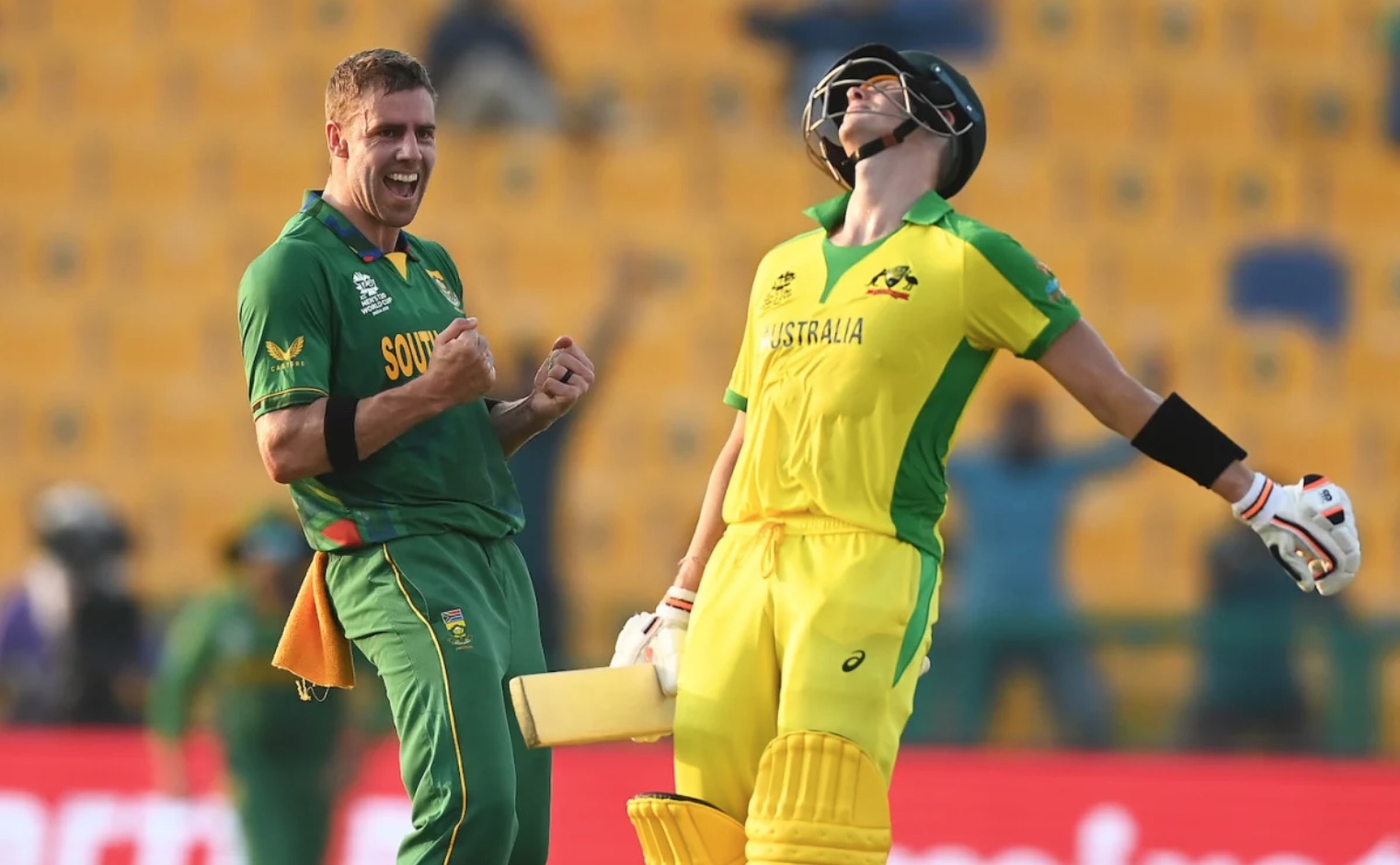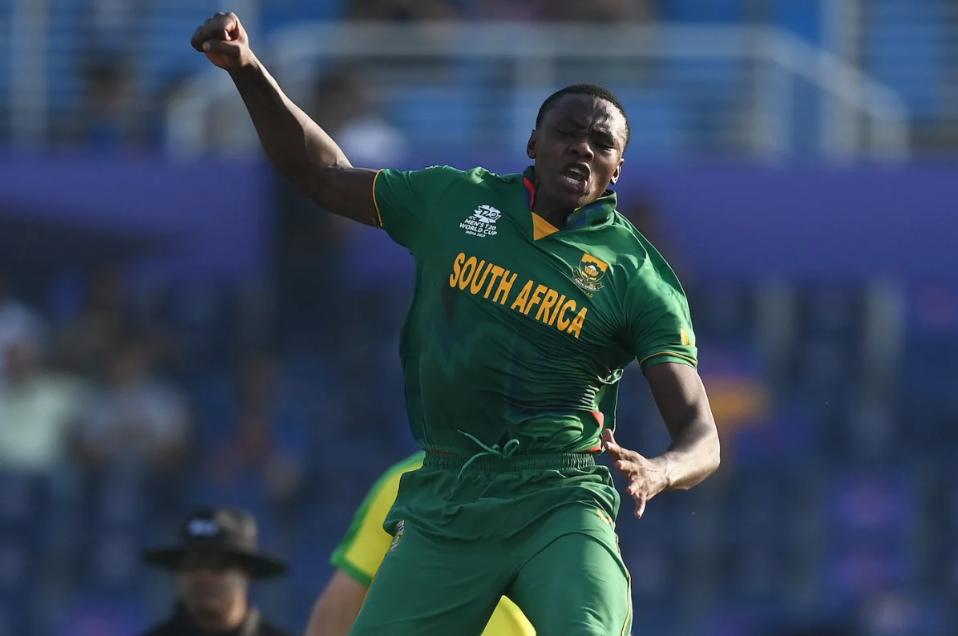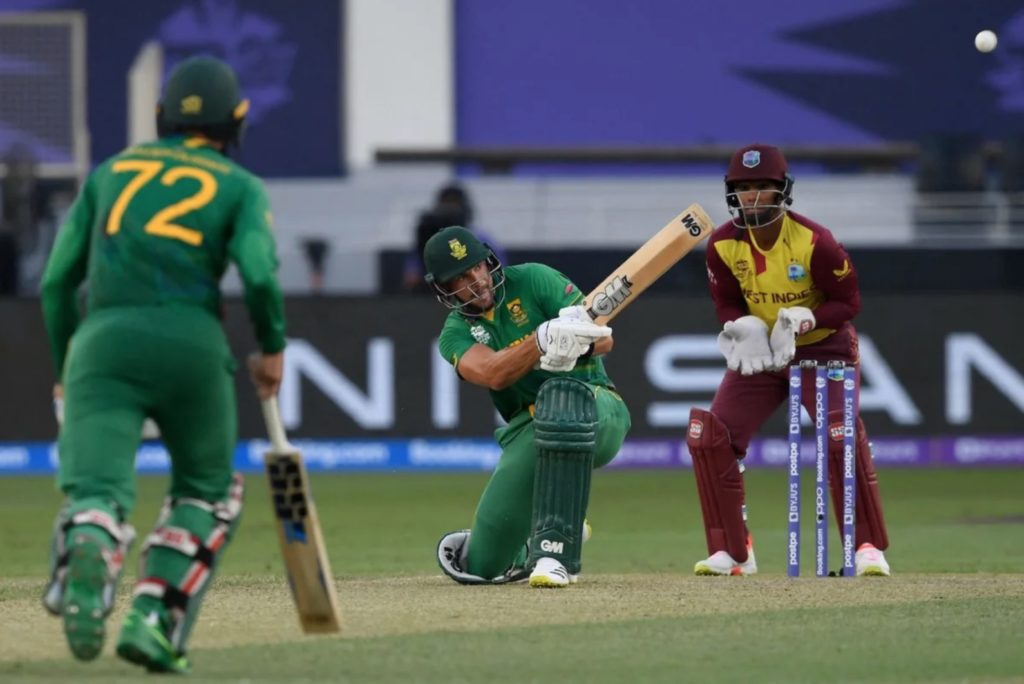RYAN VREDE assesses the most notable individual contributions to the Proteas, on and off the field, at the T20 World Cup.
South Africa’s T20 World Cup ended on a bittersweet note with a victory over England, which counted for nothing given their inferior net run rate in comparison to Australia.
Their campaign was marked by moments of magic, among those David Miller’s heroics against Sri Lanka, some excellent collective bowling performances and individual brilliance in the field.
Yet, this being a World Cup, there was no shortage of disappointments, evidenced through stuttering displays against Australia and Bangladesh, as well as off-field controversy related to the team’s unified approach to kneeling pre-match.
I’ll celebrate the players who stood out and call out those who didn’t.
SA batter of the tournament: Aiden Markram
It was hard to not pick Rassie van der Dussen, particularly after a masterful innings against England. But Markram was more consistent (152 runs at an average of 54), and after only recently getting a regular run in the side, his value in the format shone through.
I predicted he’d be the Proteas’ key batter at the tournament and he was. His ability to adapt to every match situation was notable, as was his scoring repertoire.
He will be a foundational building block of this T20 side for years to come.
SA bowler of the tournament: Anrich Nortje

It’s easy to forget that Nortje is only 16 T20 matches into his international career. He was a revelation. He combined pure speed with immaculate control, discipline, and intelligence.
No seam bowler currently on the top-10 wicket-takers list matches his economy rate (5.37 rpo), which is mindblowing on wickets that don’t suit his craft, and the fact that he often bowled in the powerplay.
Most valuable player: Kagiso Rabada

This was hard because there were no standouts who contributed in multiple facets of the game. Dwaine Pretorius underlined his value to the team, particularly through his bowling at the death. But he batted twice in the tournament and failed on both occasions.
I’m picking KG, given his efforts with the ball which yielded eight wickets at an economy rate of 8.15, as well as two not-outs in his two innings, one of which helped get the Proteas over the line against Sri Lanka.
I wrote months ago that there needs to be an investment in his batting. He is more than a slugger. This World Cup proved that.
Biggest disappointment: Quinton de Kock

De Kock promised so much and delivered very little in a tournament the Proteas desperately needed him to fire in. He scored 75 runs, averaging just 15, with a highest score of 34. To say these stats betray his talent is an understatement.
It is telling that the Proteas were dumped out of the tournament by an inferior net run rate. When De Kock is rolling, the run rate takes care of itself. And while he isn’t solely to blame for this failing, he will be acutely aware that he failed in his mandate to tick the scoreboard over furiously.
His off-field controversy amplifies the disappointment. De Kock made himself unavailable for selection against the West Indies based on his refusal to comply with CSA’s instruction to take the knee pre-match. He later apologised for this decision, but by then he’d caused plenty of unwanted distraction already.
If he’d returned with a flourish, much of that would have been forgotten. But he did so with a whimper and his team suffered as a result.







